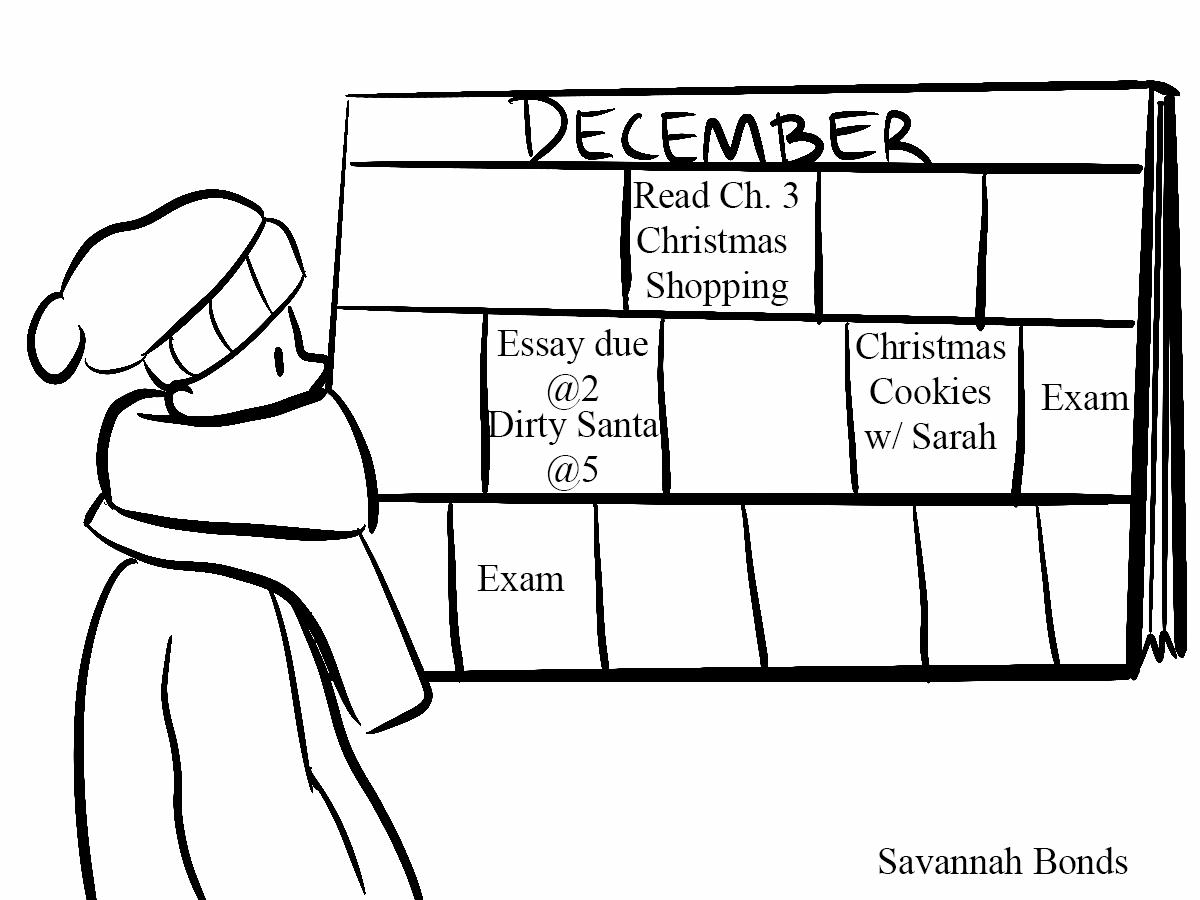As we head toward the end of the fall semester, we gradually take a step closer to the winter holidays. The winter season approaching typically insinuates Christmas decorations, family vacations, holiday movies and plenty of leisure time to be ahead of us as well. However, with the new addition of Mississippi State University’s Winter Session, the holidays could begin to exclude some of the relaxation it typically involves. Students now have the option to continue taking additional credit hours over the course of the break before the spring semester commences. Continuing one’s education over winter break equates to a busy, fast-paced schedule due to cramming a single course into a little under a month. So, why should students choose to take these courses if they are aware of the strenuous work that will follow along?
According to the Indiana University of Pennsylvania, students have the opportunity to lighten the course load expected of them within the scheduled academic year. Taking a winter course allows individuals the opportunity to not only boost their GPA from the previous semester but also relieve themselves of a course if they are aware the following semester could be busy. Winter courses could shorten an intended graduation date and place students on track to earn a degree earlier than expected.
Washington Intern Student Housing points out choosing to continue studies during seasonal breaks not only leads to an early graduation but can help students out financially. Essentially, as one progresses quickly throughout their academic timeline, winter courses will save semesters-worth of tuition, books and housing which could further build onto a student’s loans. The off-season course-load, however stressful, could be worth it if a student plans to take a gap semester or plans to graduate ahead of time. Preparing yourself to take on the stress of schoolwork now could relieve you of stress in the future as college comes to an end.
While winter classes seem to be a reliable option, there are still many concerning factors to keep in mind when deciding whether or not to participate in them. The education received during this three-week course is going to be given to a student at a quick pace. Students will need to complete an extensive amount of course work, and according to the University of Maine, students should expect to spend 30 to 40 hours a week on their specified coursework. Of course, it is important to remember this will vary by class.
Winter courses are a large investment of your time and could easily double the stress levels of any college student. The structure of these courses is built specifically for students who can manage time well and should be avoided by any individual prone to procrastination. After a difficult fall semester, it is genuinely up to the student to decide if they are willing to sacrifice leisure to advance academically.
Winter classes provide students with the chance to jump ahead in their college career, but many setbacks are still involved in the process. Each individual student will have to decide for themselves if they can handle the pressure of a fast-paced course while simultaneously maintaining their mental health.








